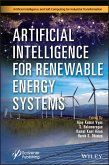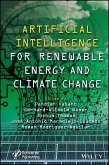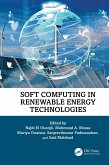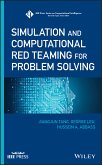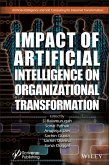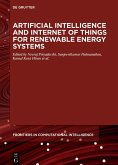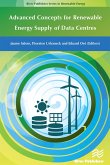ARTIFICIAL INTELLIGENCE FOR RENEWABLE ENERGY SYSTEMS Renewable energy systems, including solar, wind, biodiesel, hybrid energy, and other relevant types, have numerous advantages compared to their conventional counterparts. This book presents the application of machine learning and deep learning techniques for renewable energy system modeling, forecasting, and optimization for efficient system design. Due to the importance of renewable energy in today's world, this book was designed to enhance the reader's knowledge based on current developments in the field. For instance, the extraction and selection of machine learning algorithms for renewable energy systems, forecasting of wind and solar radiation are featured in the book. Also highlighted are intelligent data, renewable energy informatics systems based on supervisory control and data acquisition (SCADA); and intelligent condition monitoring of solar and wind energy systems. Moreover, an AI-based system for real-time decision-making for renewable energy systems is presented; and also demonstrated is the prediction of energy consumption in green buildings using machine learning. The chapter authors also provide both experimental and real datasets with great potential in the renewable energy sector, which apply machine learning (ML) and deep learning (DL) algorithms that will be helpful for economic and environmental forecasting of the renewable energy business. Audience The primary target audience includes research scholars, industry engineers, and graduate students working in renewable energy, electrical engineering, machine learning, information & communication technology.
Dieser Download kann aus rechtlichen Gründen nur mit Rechnungsadresse in A, B, BG, CY, CZ, D, DK, EW, E, FIN, F, GR, HR, H, IRL, I, LT, L, LR, M, NL, PL, P, R, S, SLO, SK ausgeliefert werden.



